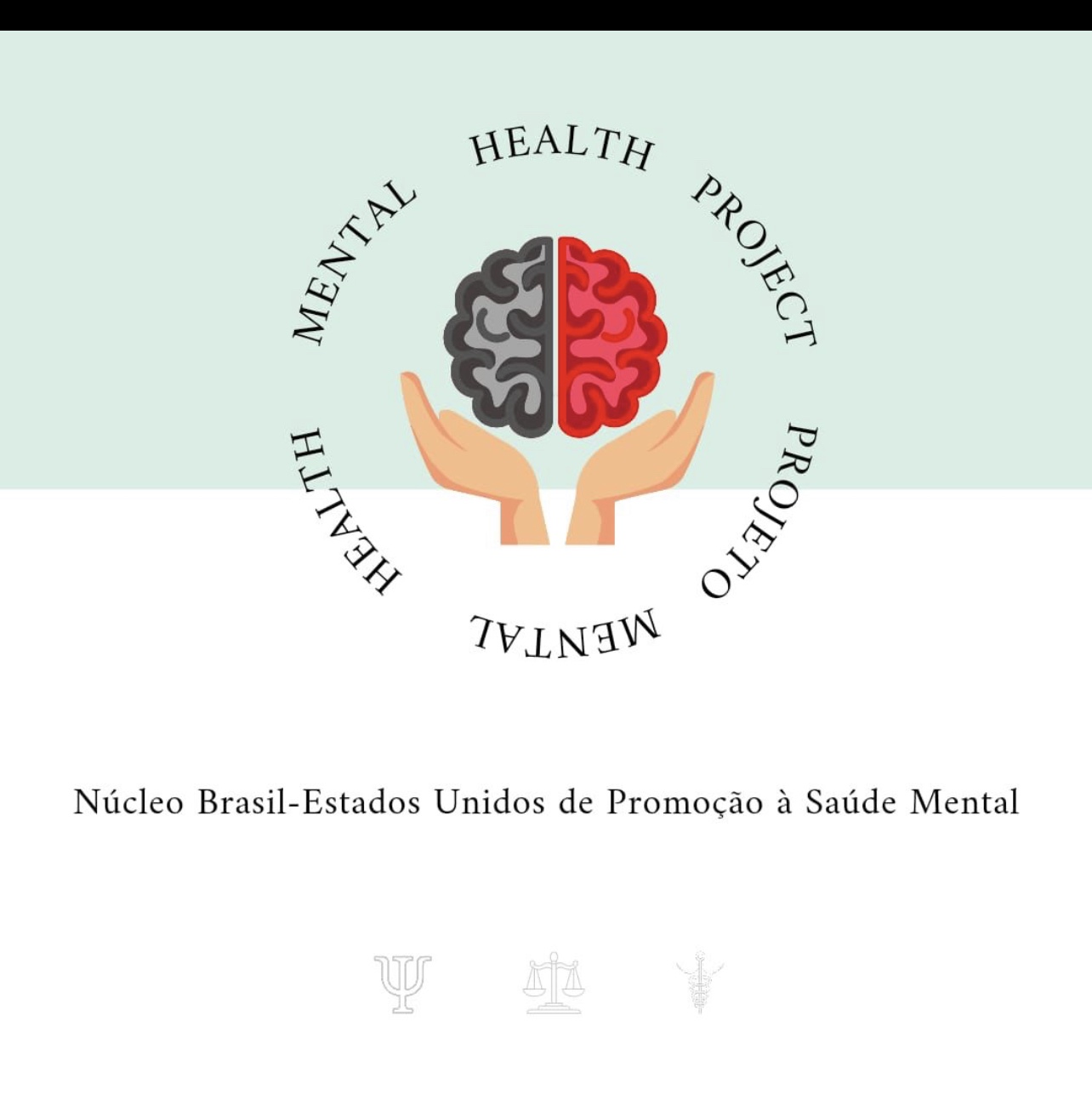
THE MENTAL HEALTH PROJECT
Legacy of Injustice
As everyone knows, the person who suffers from behavior or mental health disorders in some cases may have difficulty expressing their feelings and emotions and even reporting their complaints. Therefore, the healthcare protocol to serve this population for many years did not work efficiently and effectively. The mechanical system doesn’t adhere to their voices and is not reliable reporters. In the same way, people with a history of substance misuse are seen as skillful manipulators of their caregivers to gain the freedom to have access to narcotics prohibited in treatment environments. On the other hand, the caregivers discredited people viewed as having pathology due to the delusions and hallucinations inherent to the moments of crisis, characteristic of the condition.
However, this scenario is different in the US Healthcare System. The person became the protagonist of his treatment, and the universe previously highlighted from the perspective of mental illness seen as Mental Health. A very profound change that, of course, was not limited to a matter of terminology. There was a profound change in the treatment protocol, with significant gains in quality of life for patients and positive developments in their respective treatments.
This is now possible thanks to the joining of efforts linked to Medicine, Psychology, and Psychoanalysis, all duly in practices allowed and accepted within the Human Rights panorama.
Broken System
In this system, the patient’s subjectivity is respected, being a factor of great importance for the therapeutic procedures to be administered. The current Mental Health Protocol presupposes the active participation of the patient, their desires, and expectations for the future, which has determined a significantly greater adherence. In this way, it’s possible to build a more proactive treatment planning, with better expectations of results and humanization of the care process.
The model must be followed worldwide, with the US system serving as an inspiration for other countries. Studies .and ongoing awareness and training are necessary to be developed so that there’s the same effectiveness in the communication between Medicine, Psychology, and Psychoanalysis, all duly governed by the uncompromising observation of Human Rights. In this sense, the American School of Human Rights will promote the Mental Health Project in all regions of the world where it is duly accepted, respecting the sovereignty of each nation.
No Support
To start this challenge, Brazil seems fitting to select. Continental country, full of socioeconomic differences and marked by many state agents’ unpreparedness, is not adequately trained to treat patients in these conditions. I bring here an emblematic case of this unpreparedness and lack of awareness. The young José Vandeilson Silvina de Souza, a black teenager known by the Family as Vavá, at 17 years old, was in the treatment of Schizophrenia in the Public Health System (in Brazil called SUS) in the countryside of Brazil state of Maranhao, municipality of Alto Alegre of Maranhao, with a constant lack of medication and no medical assistance or support during an emergency crisis and episodes.
During one crisis recently, the Police and the Child Services showed up out of the blue with no training whatsoever on how to deal with a person having behavior or mental health symptoms. The agents acted with disrespect and violence and disrespect for humanitarian legislation, having taken the boy to an uncertain and unknown place without his family’s knowledge. To this day, nobody knows his whereabouts. Or where the Agents of Child Protective Services have him locked up.
No Services
The young black man raised by his grandfather is a rural worker in the countryside of the state of Maranhao, Northeast Brazil. When he most needed help from the state, he received violence, brutality, and abuse of authority. It happened because the police lacked training and investment in Human Rights. Vavá is a victim of the system. An outdated health system is composed of people who are not committed and willing to act outside the law. The same approach, by the way, allowed Federal Highway Police to torture and kill Genivaldo de Jesus Santos, a person who has Schizophrenia, murdered by a police approach in the State of Sergipe, countryside Northeast of Brazil, in the city of UMBAUBA.
Resolving the Human Rights Crisis
To change this sad scenario, the Mental Health Project launches here, exclusively for Mental Health Affairs, the Brazil-United States Center for the Promotion of Mental Health. Originating within the University (American School of Human Rights), it will feature American and Brazilian intellectuals, united in academic dialogue, to think about solutions and alternatives for the reception and treatment of the population in the scope of Mental Health.
In addition, psychiatric, psychological, psychoanalytic, and legal assistance will be offered to the most vulnerable people, assuring them the right to receive adequate treatment, and opening horizons for a dignified and healthy life, as determined by Human Rights.
Latest Posts
Categories
- Atualidades
- Conhecimento
- Cotidiano
- Crônicas
- Diário Carioca
- Dicas do Editor
- Direito
- Educação
- Falando Direito
- Fé
- Filosofia
- Inglês
- Matérias
- Mental Health Affairs
- Mundo
- O Mundo de Petrus
- Oamorista
- Pet Online
- Portal Dokimasia
- Portal Juristas
- Portal V&L
- Saúde Mental
- SP Notícias
- Uncategorized
- Veja Negócios








